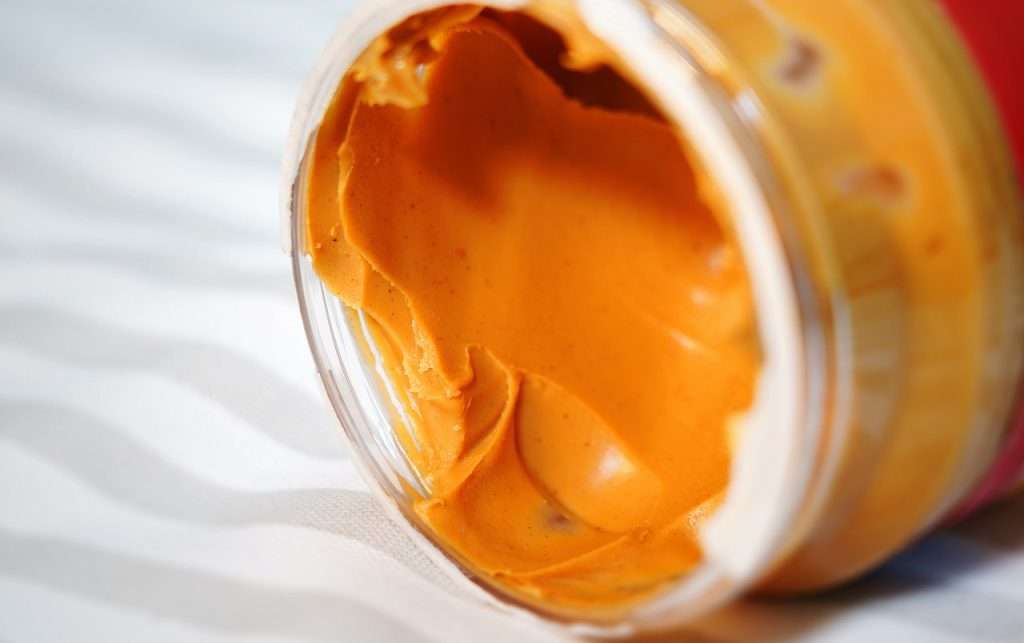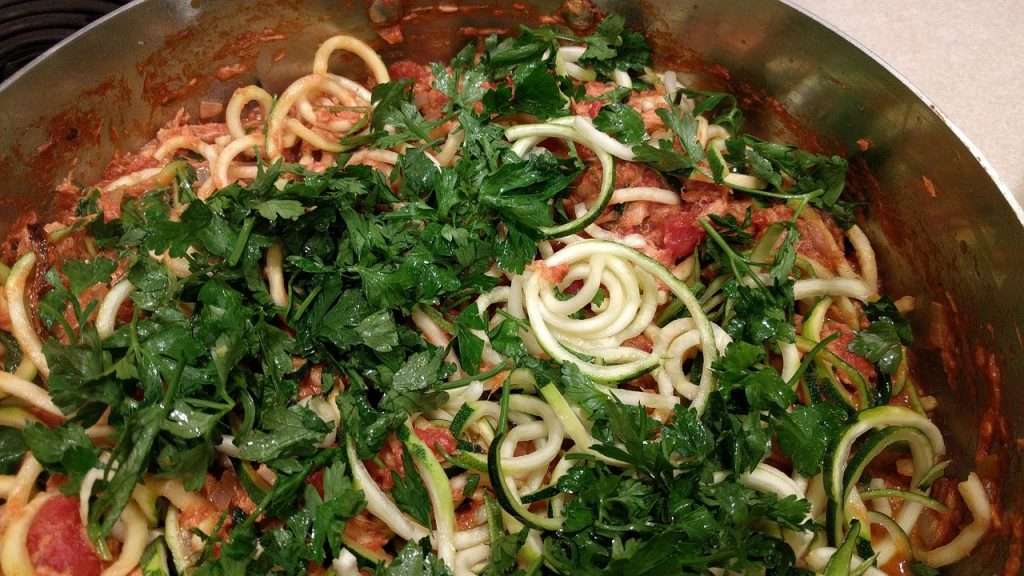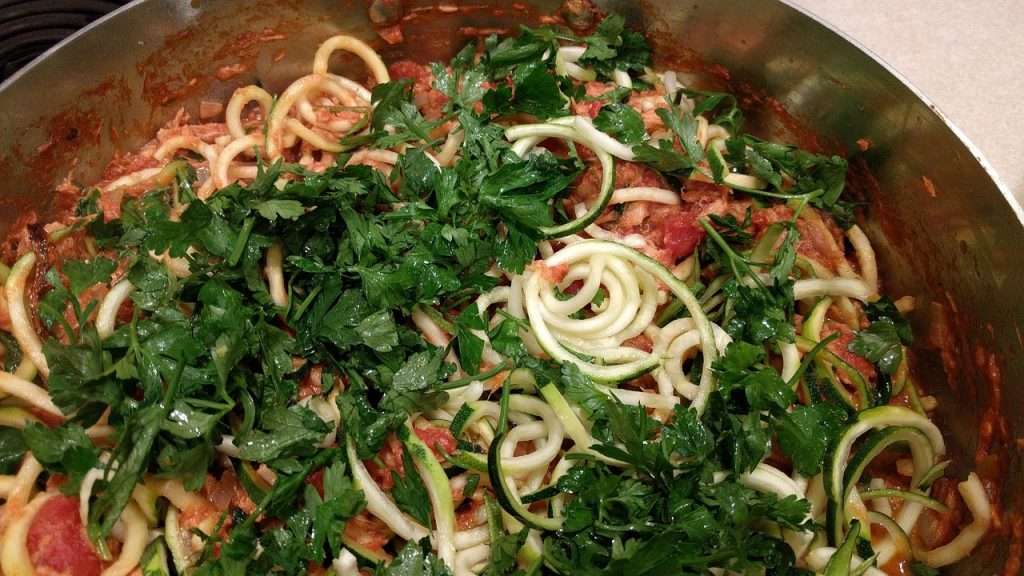Is the Keto Diet Beneficial for Fatty Liver? In this article, we’ll explore the potential benefits of the keto diet for individuals struggling with fatty liver. As more people are seeking effective ways to manage weight loss, the keto diet has gained popularity for its fat-burning properties. With a custom keto diet plan, you can incorporate healthy foods that promote weight loss while potentially improving the health of your liver. By understanding the relationship between the keto diet and fatty liver, you’ll discover valuable weight loss tips that may have a positive impact on your overall well-being. So, let’s dive into the details and find out if the keto diet is indeed a superfood for those looking to lose weight and improve their liver health.
Understanding Fatty Liver
Definition
Fatty liver, also known as hepatic steatosis, is a condition characterized by the accumulation of fat in the liver. This excess fat can cause inflammation and damage to the liver cells, impairing its normal functioning. Fatty liver can be categorized into two types: alcoholic fatty liver disease and non-alcoholic fatty liver disease (NAFLD), with the latter being more common.
Causes
NAFLD, which is more prevalent among individuals who do not consume alcohol excessively, can be caused by various factors. These include obesity, insulin resistance, high blood sugar levels, high triglyceride levels, and metabolic syndrome. Alcoholic fatty liver disease, on the other hand, is primarily caused by excessive alcohol consumption.
Symptoms
In the early stages, fatty liver may not exhibit any noticeable symptoms. However, as the condition progresses, individuals may experience fatigue, weight loss, abdominal discomfort, jaundice, and enlarged liver. It is important to note that the presence of symptoms can vary from person to person.
Diagnosis
The diagnosis of fatty liver typically involves a combination of medical history assessment, physical examination, and various diagnostic tests. Blood tests can help measure liver enzyme levels, while imaging tests such as ultrasound, computed tomography (CT) scan, or magnetic resonance imaging (MRI) can provide a visual evaluation of the liver. In some cases, a liver biopsy may be recommended to confirm the diagnosis and assess the severity of the condition.
Introduction to the Keto Diet
What is the Keto Diet?
The ketogenic diet, commonly known as the keto diet, is a low-carbohydrate, high-fat diet that has gained popularity in recent years. It focuses on drastically reducing carbohydrate intake while increasing fat consumption. This dietary approach aims to shift the body’s metabolic state into ketosis, wherein it relies on fat for energy instead of carbohydrates.
How Does It Work?
The ketogenic diet works by significantly reducing carbohydrate intake, typically to less than 50 grams per day. This restriction of carbohydrates forces the body to enter a state of ketosis, where it starts utilizing fat as its primary source of fuel. The liver breaks down fat into ketones, which are then used as an energy source by the body, including the brain.
Benefits of the Keto Diet
The keto diet has been associated with numerous benefits beyond weight loss. It has been found to improve insulin sensitivity, regulate blood sugar levels, and reduce inflammation. Additionally, it may aid in reducing the risk of certain chronic diseases, such as type 2 diabetes, heart disease, and some neurological disorders.
Risks and Side Effects
While the keto diet can be effective for many individuals, it is important to consider potential risks and side effects. Some people may experience initial symptoms, commonly referred to as the “keto flu,” which may include fatigue, headaches, nausea, and dizziness. Additionally, long-term adherence to the keto diet may pose challenges in meeting certain nutrient requirements, such as fiber intake.

Nonalcoholic Fatty Liver Disease and Weight Loss
Connection between Fatty Liver and Weight
There is a strong association between fatty liver and overweight or obesity. Excess weight, particularly abdominal fat, increases the risk of developing fatty liver. The accumulation of fat in the liver is closely linked to insulin resistance, which can hinder the breakdown and utilization of fatty acids. Conversely, weight loss has been shown to improve fatty liver and reduce its severity.
Weight Loss Strategies for Fatty Liver
Weight loss is considered a key component in the management of fatty liver. The primary goal is to reduce overall body weight, specifically targeting visceral fat. Incorporating lifestyle modifications such as regular physical activity, a balanced diet, and behavioral changes can aid in sustainable weight loss.
Role of Diet in Fatty Liver
Diet plays a crucial role in the development and progression of fatty liver. Consuming a diet that is rich in refined carbohydrates, added sugars, and unhealthy fats can contribute to liver fat accumulation. Conversely, adopting a healthy and balanced diet can support overall liver health and help manage fatty liver.
The Role of the Keto Diet in Fatty Liver
How the Keto Diet Affects Fatty Liver
The keto diet may have a positive impact on fatty liver due to its ability to promote weight loss and improve metabolic markers. By restricting carbohydrate intake, the diet forces the body to burn fat for energy, which can lead to a reduction in liver fat content. Additionally, the keto diet has been found to enhance insulin sensitivity and improve lipid profiles, factors that can influence fatty liver.
Research and Studies on the Keto Diet and Fatty Liver
Several studies have explored the effects of the keto diet on fatty liver. A study published in the Journal of Hepatology found that a very low-carbohydrate ketogenic diet led to a significant reduction in liver fat content in individuals with NAFLD. Another study published in the Journal of Nutrition and Metabolism reported improvements in liver enzymes, inflammation markers, and insulin sensitivity in obese patients with fatty liver following a ketogenic diet.
Effectiveness of the Keto Diet for Fatty Liver
Although further research is needed, the existing evidence suggests that the keto diet can be effective in reducing liver fat and improving metabolic parameters associated with fatty liver. However, it is crucial to consider individual differences and consult with healthcare professionals before embarking on any dietary changes.

Benefits of the Ketogenic Diet for Fatty Liver
Reduction in Liver Fat
One of the primary benefits of the keto diet for fatty liver is its ability to reduce liver fat content. By promoting the breakdown and utilization of fat stores, the diet helps to decrease the accumulation of fat in the liver, thus improving liver health.
Improved Insulin Sensitivity
Insulin resistance is a common characteristic of fatty liver, and the keto diet has been shown to improve insulin sensitivity. By reducing carbohydrate intake and relying on fat for energy, the diet can help regulate blood sugar levels, potentially reversing or mitigating the effects of insulin resistance.
Weight Loss and Fatty Liver
Weight loss is a key factor in managing fatty liver, and the keto diet can be effective in achieving weight loss goals. The diet’s focus on reducing carbohydrate intake and promoting fat burning can lead to sustained weight loss, which in turn can improve fatty liver and associated metabolic abnormalities.
Lowering Inflammation
Inflammation plays a significant role in the progression of fatty liver. The keto diet has been found to have anti-inflammatory effects, which may help reduce inflammation in the liver and improve overall liver health.
Regulating Hormones
Hormonal imbalances can contribute to the development and progression of fatty liver. The keto diet has been shown to regulate hormone levels, particularly insulin and leptin, which are involved in the regulation of metabolism and fat storage.
Custom Keto Diet for Fatty Liver
Tailoring the Keto Diet for Fatty Liver
To optimize the benefits of the keto diet for fatty liver, it is important to tailor the diet to individual needs and medical considerations. Consulting with healthcare professionals, such as registered dietitians or nutritionists, can help create a personalized keto diet plan that takes into account specific dietary requirements and health conditions.
Creating a Custom Keto Diet Plan
A custom keto diet plan should consider individual macronutrient needs, calorie requirements, and specific food preferences. A registered dietitian can guide individuals in creating balanced meals that meet nutritional needs while adhering to the principles of the keto diet.
Important Considerations
When implementing a custom keto diet plan for fatty liver, it is crucial to address any underlying health conditions and medications. Individuals with certain medical conditions, such as kidney disease or gallbladder issues, may need to modify the traditional keto diet or opt for alternative approaches. Regular monitoring of liver health markers is also recommended during dietary changes.
Monitoring and Adjusting the Diet
Regular monitoring of the keto diet’s effects on fatty liver and overall health is essential. This may involve tracking weight, liver enzyme levels, blood sugar levels, and lipid profiles. Adjustments to the diet can be made based on individual progress and guidance from healthcare professionals.

Healthy Superfoods and the Keto Diet
Importance of Healthy Superfoods
Incorporating healthy superfoods is integral to maintaining a well-rounded and nourishing ketogenic diet. Superfoods are nutrient-dense foods that offer numerous health benefits due to their high content of vitamins, minerals, antioxidants, and phytochemicals.
Best Superfoods for Fatty Liver on the Keto Diet
Some superfoods that can be beneficial for individuals with fatty liver on the keto diet include avocados, fatty fish (such as salmon and mackerel), leafy greens, nuts and seeds, olive oil, and cruciferous vegetables (such as broccoli and cabbage). These foods provide essential nutrients, healthy fats, and antioxidants that support liver health.
Nutritional Requirements on the Keto Diet
While the focus of the keto diet is on low-carbohydrate and high-fat intake, it is essential to ensure an adequate intake of essential nutrients. This can be achieved by incorporating a variety of whole, nutrient-dense foods and considering supplementation when necessary. Consulting with a healthcare professional or registered dietitian can help ensure nutritional needs are met.
Implementing the Keto Diet for Fatty Liver
Consulting with a Healthcare Professional
Before starting the keto diet for fatty liver, it is crucial to consult with a healthcare professional, especially if there are underlying health conditions or medications involved. They can provide guidance, monitor progress, and help address any potential concerns or complications.
Gradual Transition to the Keto Diet
Transitioning to the keto diet should be done gradually to allow the body to adapt to the change in macronutrient ratios. Gradually reducing carbohydrate intake over a period of weeks can help prevent any sudden shifts in blood sugar levels and minimize potential side effects.
Balancing Macronutrients
Achieving the appropriate balance of macronutrients is essential on the keto diet. Adequate fat intake is necessary to maintain ketosis, while maintaining appropriate protein intake is crucial for supporting overall health and preventing muscle loss. Careful consideration of these macronutrients is important when creating a custom keto diet plan.
Supplements and Vitamins
Certain nutrients may be limited on the keto diet, such as fiber and some vitamins and minerals. Supplementation may be necessary, especially for those with specific dietary restrictions or concerns. However, it is important to consult with a healthcare professional before starting any supplements to ensure safety and appropriateness.

Precautions and Considerations
Consulting with a Doctor
It is important to consult with a doctor before embarking on any dietary changes, especially if there are pre-existing health conditions or concerns. They can provide guidance, monitor progress, and address any specific considerations or precautions.
Addressing Underlying Health Conditions
If fatty liver is accompanied by other health conditions such as diabetes, high blood pressure, or metabolic syndrome, it is crucial to address and manage these conditions concurrently with the keto diet. A comprehensive approach that considers overall health is essential for optimal results.
Managing Potential Side Effects
The keto diet may have certain side effects in the initial phases, particularly during the adaptation period. These can include fatigue, headaches, constipation, and nutrient deficiencies. Adequate hydration, electrolyte balance, and gradual adjustment of the diet can help minimize these side effects.
Long-term Sustainability of the Keto Diet
It is important to consider the long-term sustainability of the keto diet for fatty liver. While it may be effective for some individuals in the short term, long-term adherence can be challenging. Working with healthcare professionals to develop a personalized and sustainable approach is crucial for long-term success.
Conclusion
In conclusion, the keto diet shows potential benefits for individuals with fatty liver. By promoting weight loss, improving insulin sensitivity, reducing liver fat, and lowering inflammation, the diet can play a role in managing and improving fatty liver. However, it is important to approach the diet with caution, personalize it to individual needs, and consult with healthcare professionals for guidance and monitoring. Future research and developments in this field can further enhance our understanding of the keto diet’s efficacy for fatty liver and help refine dietary interventions for improved outcomes.

